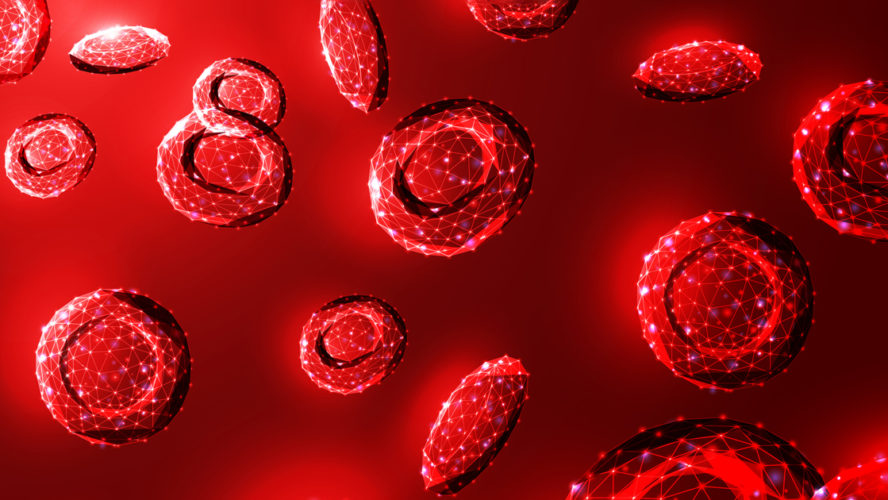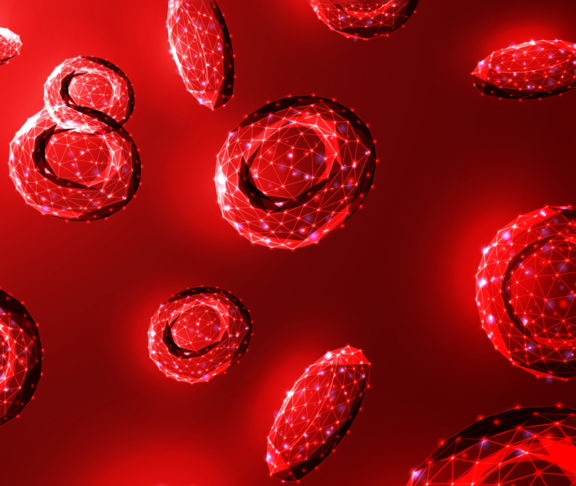
Sunny Maini
von Willebrand Ambassador, The Haemophilia Society
More than 11,000 people in the UK are diagnosed with von Willebrand disorder and yet, hardly anyone – including many GPs – has heard of it.
This lack of awareness about the most common inherited bleeding disorder in the UK means that up to 100,000 more could be living with the condition undiagnosed. Even those who are diagnosed can sometimes feel isolated and lack specialist care.
The Haemophilia Society, which supports anyone with an inherited bleeding disorder, is working with its members with von Willebrand disorder, also known as von Willebrand disease (VWD), to change this.
Recognising the symptoms of VWD
VWD affects the blood’s ability to clot. People with VWD have low levels of a protein involved in blood clotting, called von Willebrand Factor (VWF), in their blood, or their VWF doesn’t work very well, so it takes longer for bleeding to stop. VWD affects men and women equally, although women often have more problems linked to periods, pregnancy and childbirth. There is no cure, but there is effective treatment.
Symptoms include easy bruising, nosebleeds and heavy periods. It may also be hard to stop bleeding after injury or surgery.
For most people with VWD, the disorder causes little or no disruption to their lives except when there is a serious injury or need for surgery. However, there can be bleeding problems, and in occasional severe cases, internal bleeding to muscles and joints can occur in a similar way to haemophilia. This is why getting an accurate diagnosis is vital.
Too many people with VWD symptoms are being ignored by their GPs and this is causing trauma both physically and emotionally.
Lack of awareness and education
Sunny Maini is the Haemophilia Society’s VWD Ambassador. His goal is to bring people with the disorder together and to put more focus on their care. He says: “I have suffered for many years feeling alone and abandoned, not knowing much about my VWD. Now, as an ambassador, I hear many peoples’ stories and it is clear the root of the problem is a lack of education. Too many people with VWD symptoms are being ignored by their GPs and this is causing trauma both physically and emotionally. Whatever the severity of someone’s bleeding disorder, it is really important that they get a diagnosis so they receive the right treatment from a team which understands VWD.’
The Haemophilia Society recommends that anyone with potential VWD symptoms should ask their GP to refer them to a haemophilia centre so the right tests can be done to ensure an accurate diagnosis.
For more information on VWD symptoms and to register for a dedicated VWD information day in January 2023, visit the Haemophilia Society at www.haemophilia.org.uk


